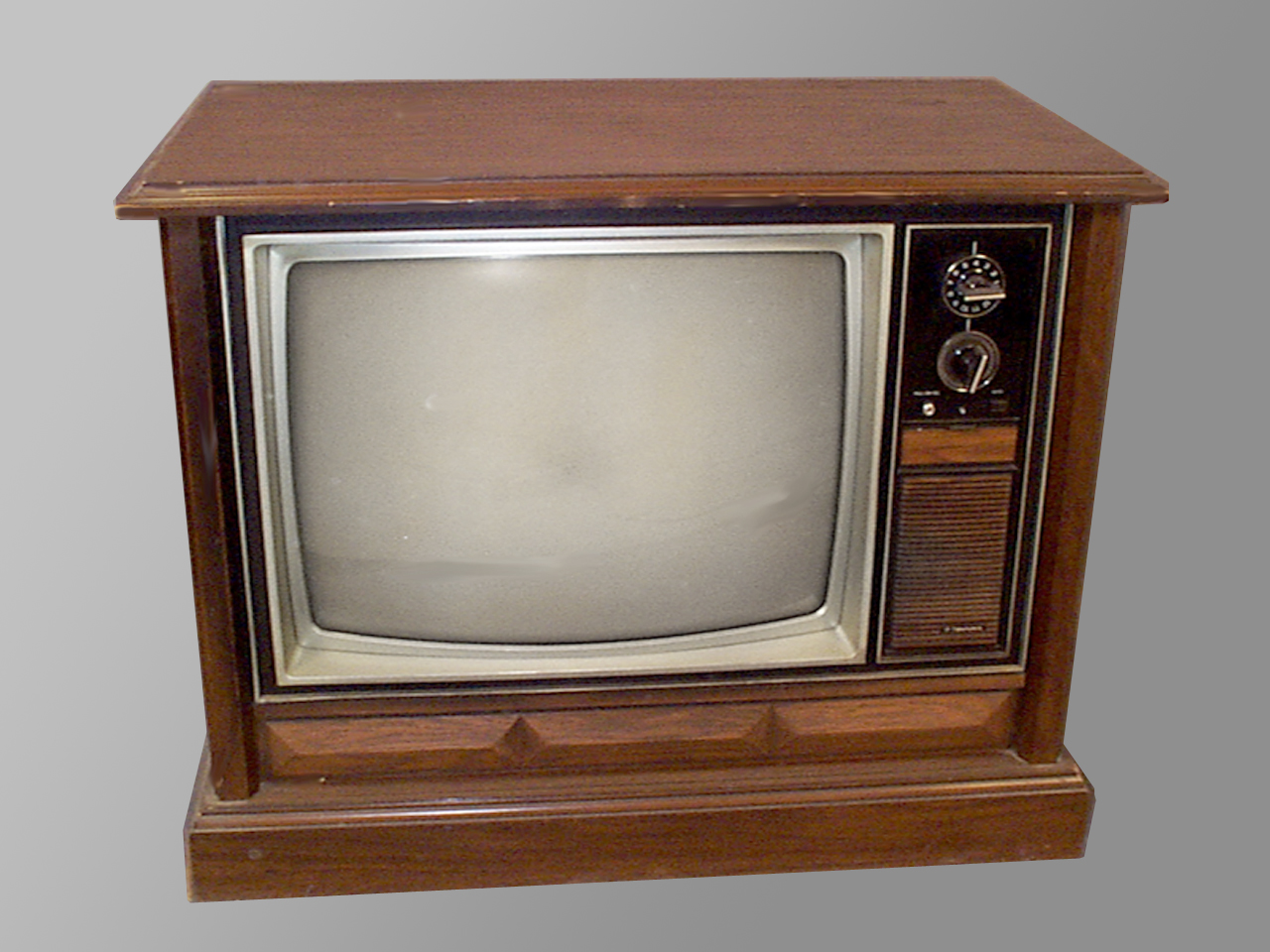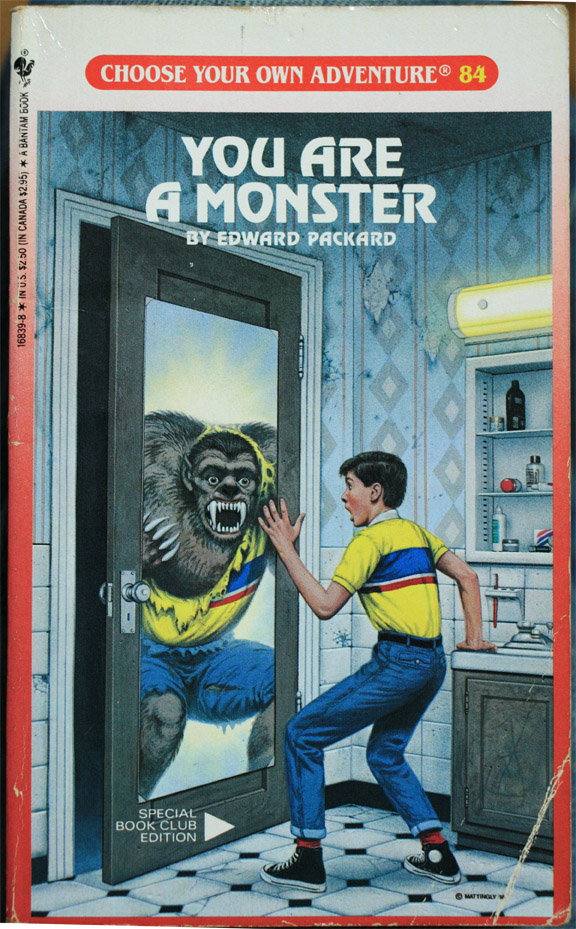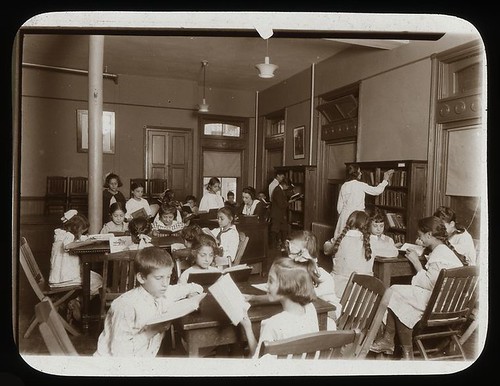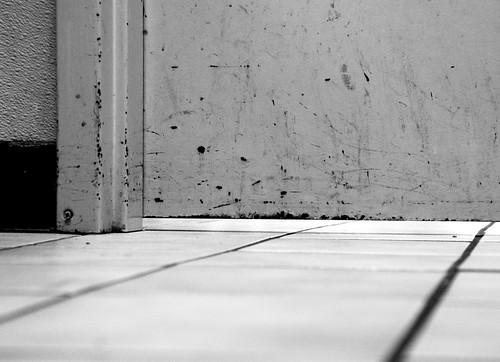We have reached the middle of September and nearly the end of summer, and though the doors to summer are closing, the library doors will remain propped open when the weather's right, and autumn leaves will hopefully follow you to the circulation desk and book return.
Please welcome this week's writer, Richard Paolinelli, and his beginning of many visits to the library shelves.
📚
My First Libraryby
Richard Paolinelli
 |
| Richard Paolinelli as a child |
It was a magical place. A place of so many different worlds and universes, filled with people and things and creatures beyond imagination. A place I would go to if I needed to wait to be picked up well after school got out. I didn’t mind waiting there. I met many friends there: Wells, Blish, Poe, Verne, Doyle, Burroughs, Foster and so many, many others.
It was there, in the audio room, where I listened for the first time to the recording of Orson Welles’ infamous radio play of War of the Worlds that created a nationwide panic back in 1938.
I walked along the many shelves, looking at random for the next adventure I wanted to immerse myself into. Sometimes I would have a title or subject in mind even before I walked through the doors and would head to the cabinet where the index cards were. Flipping through them until I found the book I sought, getting the Dewey number and then hunting the shelf, hoping someone hadn’t checked it out already.
That library was a haven, a source of familiarity that I took with me as we moved from town to town (my father’s business kept us fairly mobile). No matter what new town we landed in, I sought the nearest library and felt right at home everywhere we went.
To this day, I credit that love of reading, those hours spent within the walls of that first library, with planting the seed to my becoming the writer I am today. Anytime we venture back to Turlock, I stop by and peek in.
It hasn’t changed all that much in 46 years. Oh, there are books in there that weren’t there in 1972 of course. And there is a small area for computers and a terminal to search for books instead of the old card cabinet. But if I stand in just the right spot, it is 1972 all over again, and a new adventure waits somewhere among those shelves.
 |
| Turlock Library (image from Google Earth) |
🕮
 About this library author:
About this library author:Richard Paolinelli began his writing career as a freelance writer in 1984 and gained his first fiction credit serving as the lead writer for the first two issues of the Elite Comics sci-fi/fantasy series, Seadragon. His 20-year sports writing career was highlighted by the 2001 California Newspaper Publishers Association award for Best Sports Story.
In 2010, Richard retired as a sportswriter and returned to his fiction writing roots. Since then he has written six novels, including the recently released, When The Gods Fell, three Sherlock Holmes pastiches, two non-fiction sports books, three novelettes, and shorter works in several anthologies.
He plans on releasing The Timeless series, a middle-grade YA Steampunk series, this fall and another novel, Firstborn’s Curse, around Christmas. Learn more at his website: https://scifiscribe.com/
🕮
Continue enjoying reflections from the Summer Library Series:
http://www.erinpringle.com/p/summer-library-series.html
http://www.erinpringle.com/p/summer-library-series.html




























